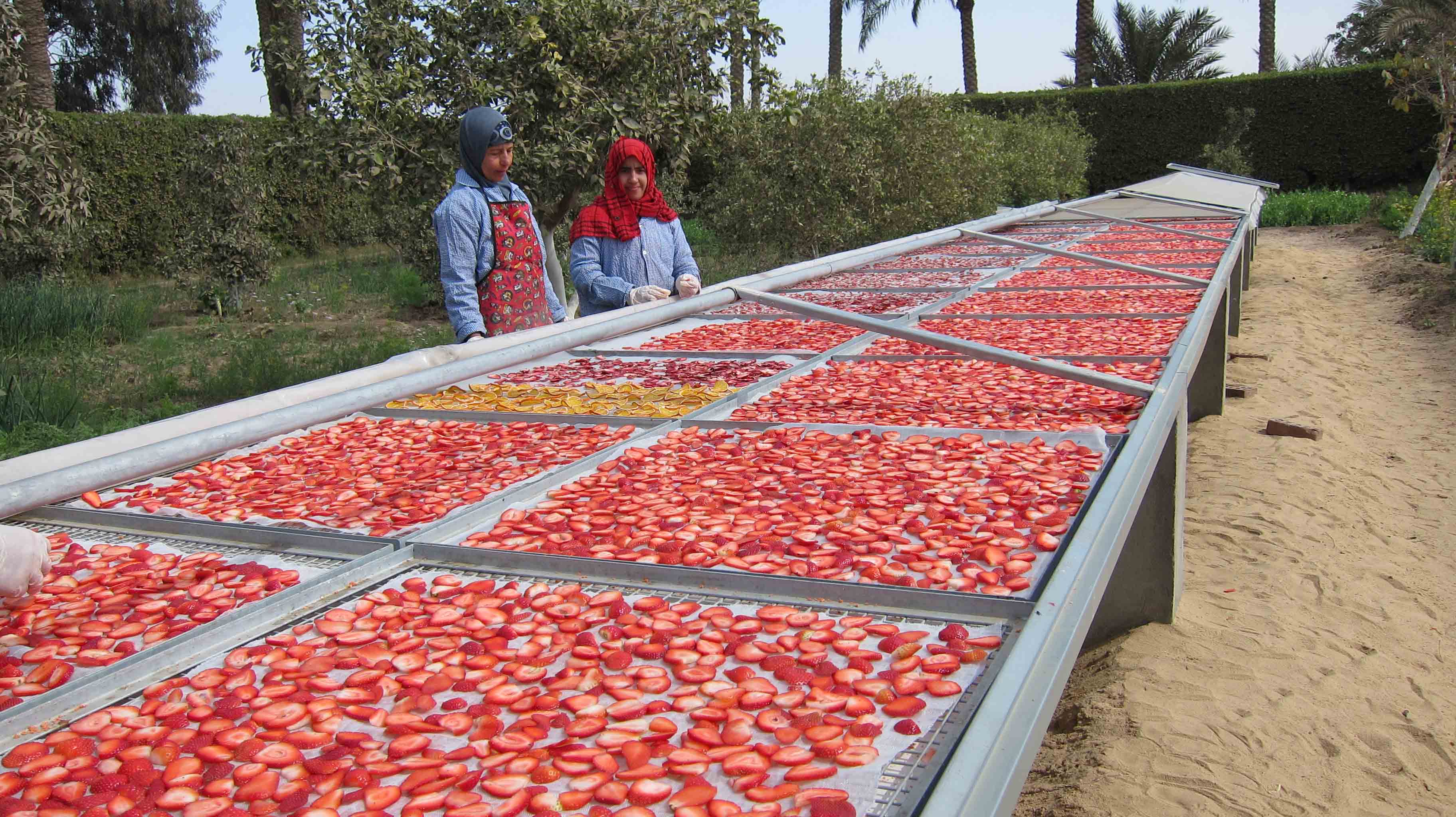MANAMA: Bahrain is continuing its drive to diversify its economy and ensure future prosperity, as well as develop resistance to external shocks.
This program comes at a cost to the state budget. Though Bahrain managed to sail through the global recession, with its GDP increasing by 3.1 percent in 2009, last year did see a marked slowdown in the financial sector, which accounts for some 25 percent of the economy, and downshifting by the real estate sector, which continues to be sluggish.
As a means of providing economic stimulus in the short term and to lay the foundations for economic growth in the future, Bahrain is investing heavily in infrastructure. The 2010 state budget allocated the Ministry of Works with a record $570 million for infrastructure development, with the ministry also being tasked with carrying out projects worth a further $343 million on behalf of other state agencies.
Of these funds, some $400 million is being invested in road construction and maintenance, with additional funds spent on other transport and communications infrastructure.
This increased spending is one of the reasons that the country’s public debt has jumped to its highest level in at least four years.
According to data released by the central bank on June 20, total public debt rose to $5 billion as of the end of the first quarter of the year, representing 24.2 percent of GDP, well up on the 17.4 percent at the close of 2009.
A recent report by the international credit rating agency Capital Intelligence predicted Bahrain’s public debt could rise still further this year, before starting to fall back in 2011.
Capital Intelligence reported that government debt could peak at 31 percent of GDP in 2010, though the agency said that this was not yet a cause for concern because the accumulated debt stock had built up from a low base.
In its report, released on June 24, Capital Intelligence confirmed Bahrain’s long-term foreign- and local-currency sovereign debt ratings of "A" and its short-term rating of "A1" with a stable outlook.
Though the Kingdom’s GDP should expand by around 4 percent both this year and the next – supported by higher oil prices, a recovery in external demand and infrastructure spending – the report suggested that the government could do more to strengthen the country’s economic foundations.
"Bahrain’s ratings continue to be constrained in particular by the lack of diversification of government revenue sources and a more limited shock-absorption capacity compared to more highly rated sovereigns," the report said.
"The budget is sensitive to volatile oil prices, and the growth in public debt has added to other constraints on fiscal flexibility, which include a weak non-oil revenue base and modest fiscal reserves."
According to Sheikh Mohammed bin Essa Al Khalifa, chief executive of the Bahrain Economic Development Board, the state agency tasked with planning and overseeing economic strategy in the Kingdom and promoting an attractive investment climate, a steady and solid approach is needed to overcome these shortcomings and build for the future.
"Bahrain’s philosophy is we’ve always played the long game," he said in an interview with business magazine Forbes in late June. "We are in it for the long run and have invested in the things that matter, a well-trained local workforce, investing in education, in training, in productivity enhancement.
So we’d rather grow at 5 percent to 6 percent for 20 years than 10 percent or 15 percent for three or four."
Though seeking to be a part of the global economy, Bahrain is also wary of the impact new downturns in overseas markets could have domestically.
Most recently these concerns have been focused around the Mediterranean, where Greece has been on the brink of default while Spain and Portugal are also extremely weakened.
While Bahrain may not have a high level of direct trade with the three troubled members of the EU’s Mediterranean basin, their woes could drag down the eurozone, slowing recovery in Europe or even returning it to recession.
Such a situation would have an impact on Bahrain by undermining global business confidence and clogging financial markets, one of the Kingdom’s main economic arteries.
However, having seen off the storms of 2008 and 2009, Bahrain should be able to ride out any waves that ripple out from the Mediterranean as well, though a downturn in Europe could again dampen growth expectations in the Gulf.

